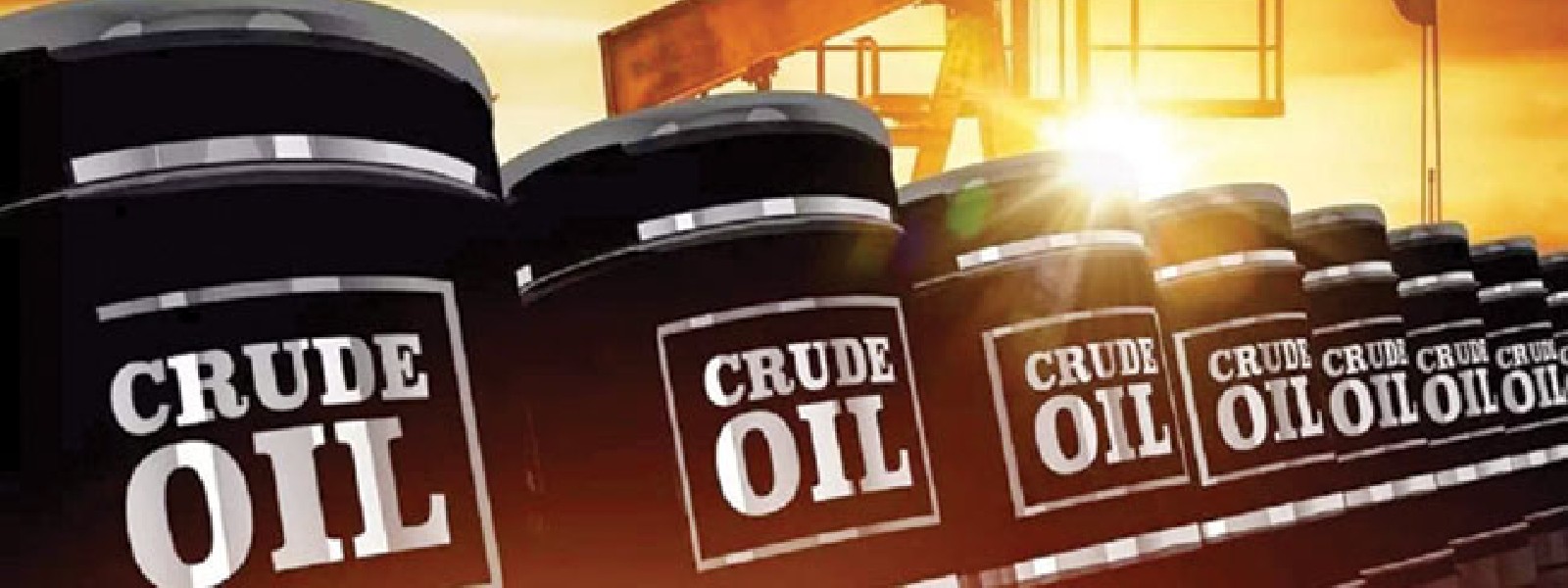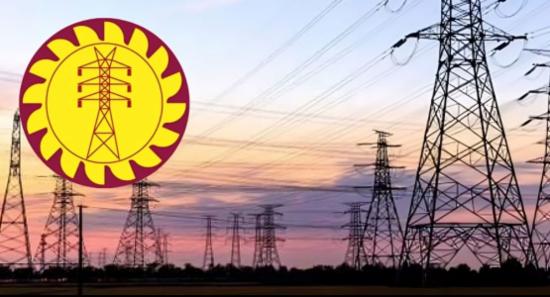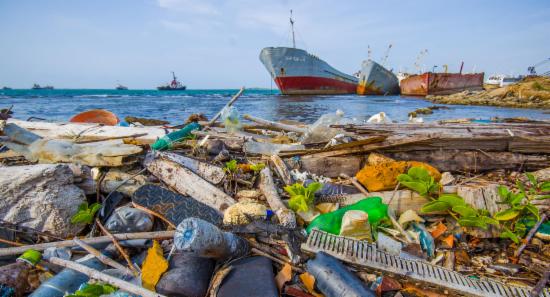.webp)

No Fuel Shortage Expected In Sri Lanka, Says Energy Minister
COLOMBO (News 1st); As geopolitical tensions escalate in the Middle East, concerns are mounting over potential disruptions to global oil supply.
Historically, crises in the region have triggered sharp increases in oil prices and supply chain instability. Analysts warn that if Iran were to close the Strait of Hormuz—a vital oil transit route—nearly 20% of the world’s oil supply could be affected. Similarly, any decision by OPEC to cut production could further drive up prices.
While these scenarios remain speculative, past events offer insight into how oil markets react under pressure:
1990–1992 (First Gulf War): Brent crude rose to approximately $40 per barrel.
Second Gulf War: Prices climbed to $80 per barrel.
2008: Brent crude peaked at over $140 per barrel.
2011–2013 (Arab Spring): Prices surged past $120 per barrel.
Russia–Ukraine conflict: Brent crude again exceeded $120 per barrel.
Currently, Brent crude is trending toward $80 per barrel, indicating a gradual upward movement.
Sri Lanka’s Fuel Supply Remains Secure
Despite global uncertainties, Sri Lanka’s Energy Minister Kumara Jayakody has reassured the public that there is no immediate threat of a fuel shortage. The country’s petroleum supply is managed by four companies sourcing oil from various international markets, primarily through long-term tenders via the Singapore market.
“We have confirmed supplies for the next two to two-and-a-half months,” said Minister Jayakody. “There’s no issue with stock levels. Agreements are in place until December, and we’ve secured supplies even beyond August. We’re not waiting to see what happens with the war—we’ve already established connections with alternative regions like Africa.”
He added that Sri Lanka has not imported oil from Iran in recent years due to international sanctions and emphasized that the government is prepared to take legal action against any attempts to create artificial shortages.
“There’s no need to panic,” he said. “We are committed to ensuring uninterrupted access to fuel.”
Is the Strait of Hormuz at Risk?
The Strait of Hormuz remains a focal point of global concern. As of this afternoon, oil tankers continue to pass through the strait without disruption. A closure would have immediate consequences for major economies:
China receives over 90% of its oil imports via this route—more than 5 million barrels per day.
India sources around 40% of its oil—over 2 million barrels daily.
Given the strategic importance of the strait, international analysts believe it is unlikely that Iran will move to close it.
Other Articles
Featured News





.png )









-810262_550x300.jpg)
-809496_550x300.jpg)



















.gif)